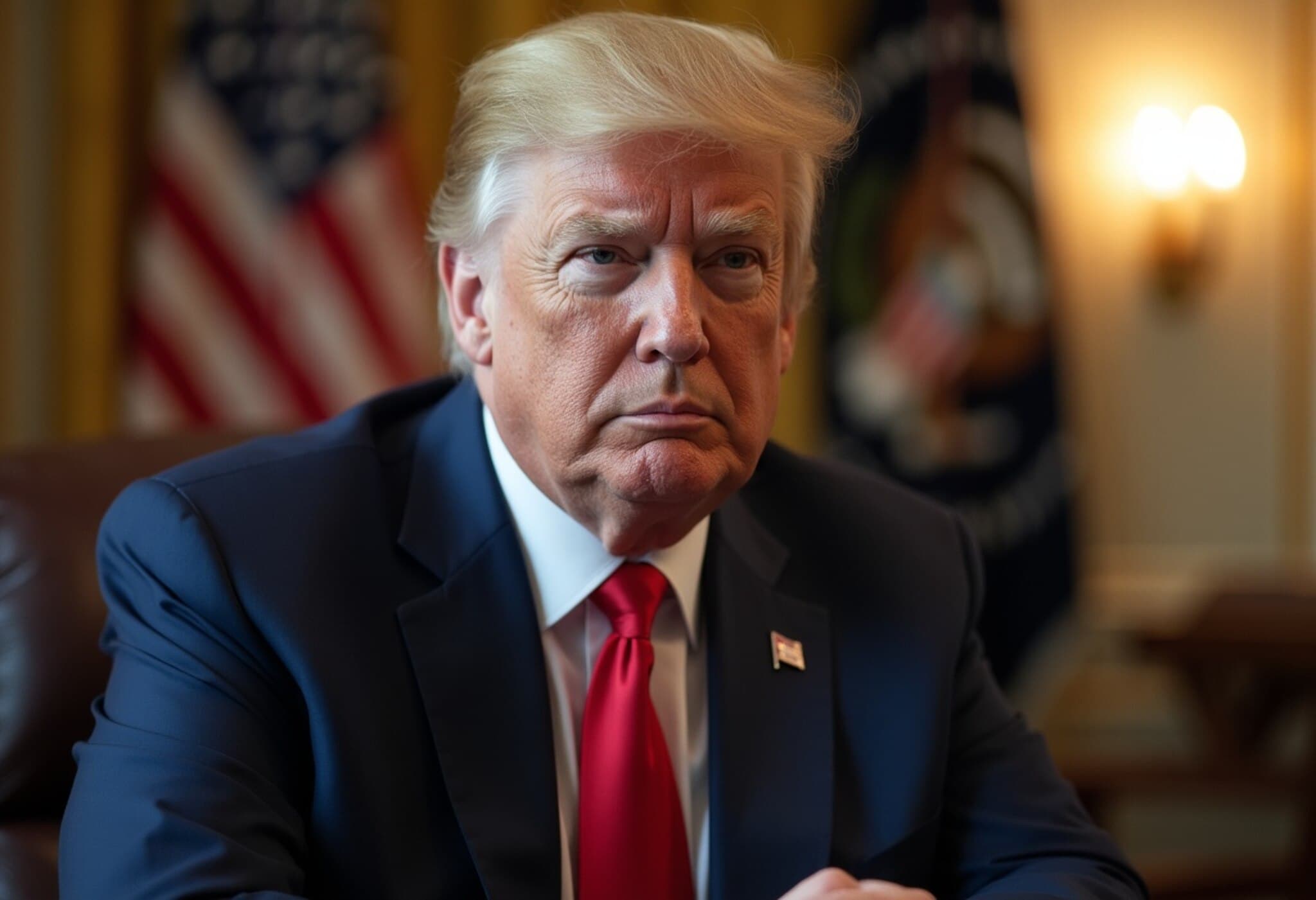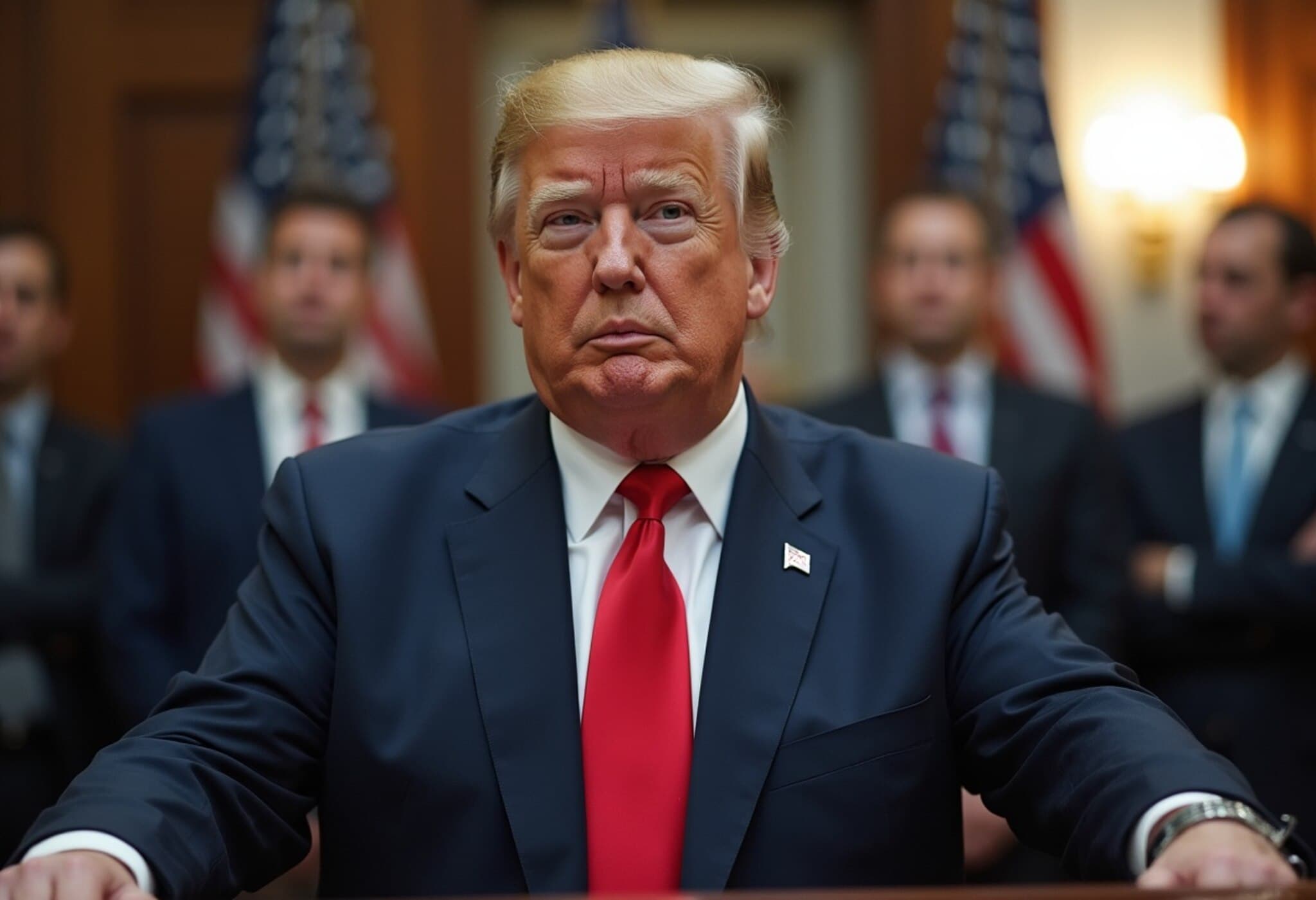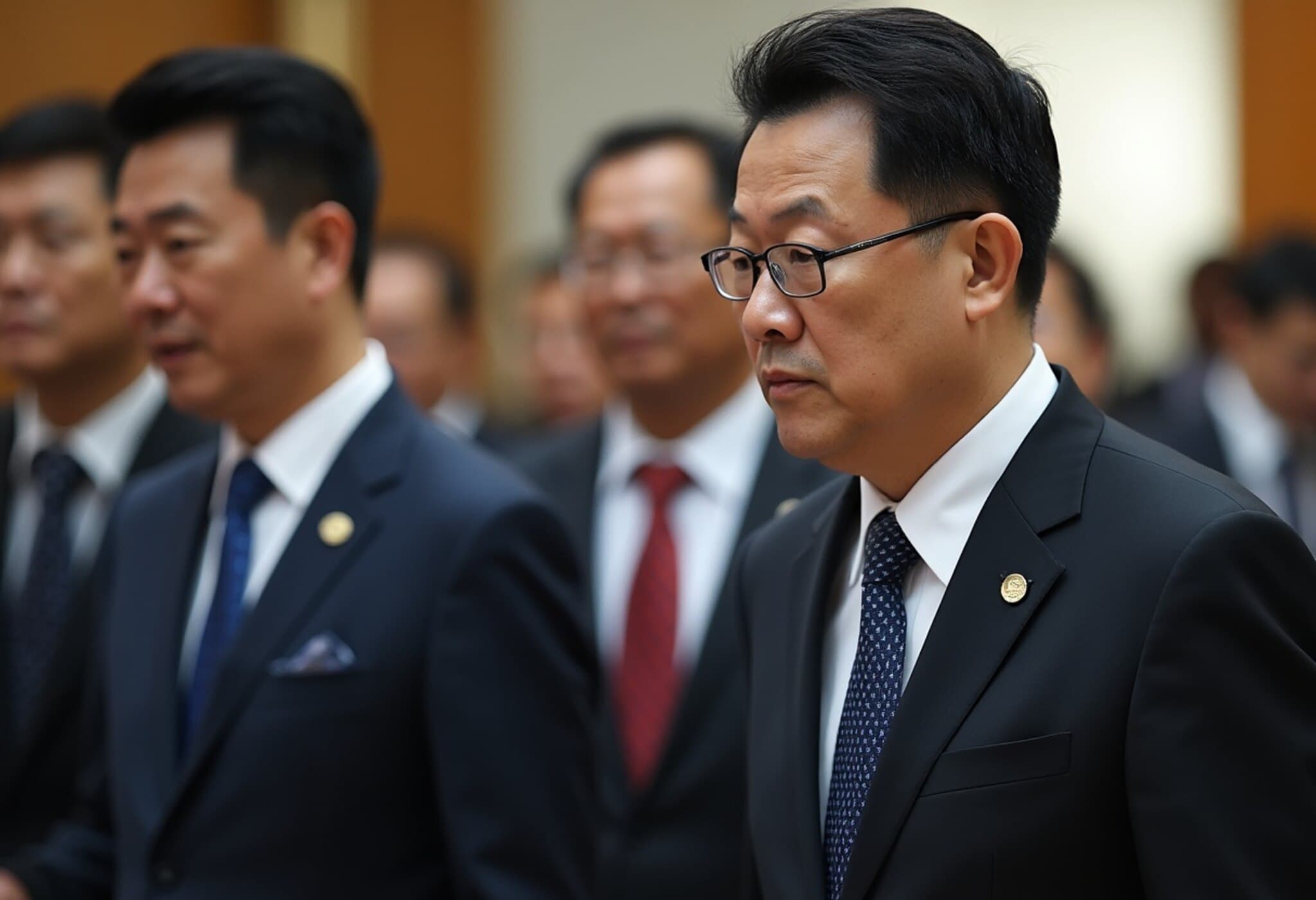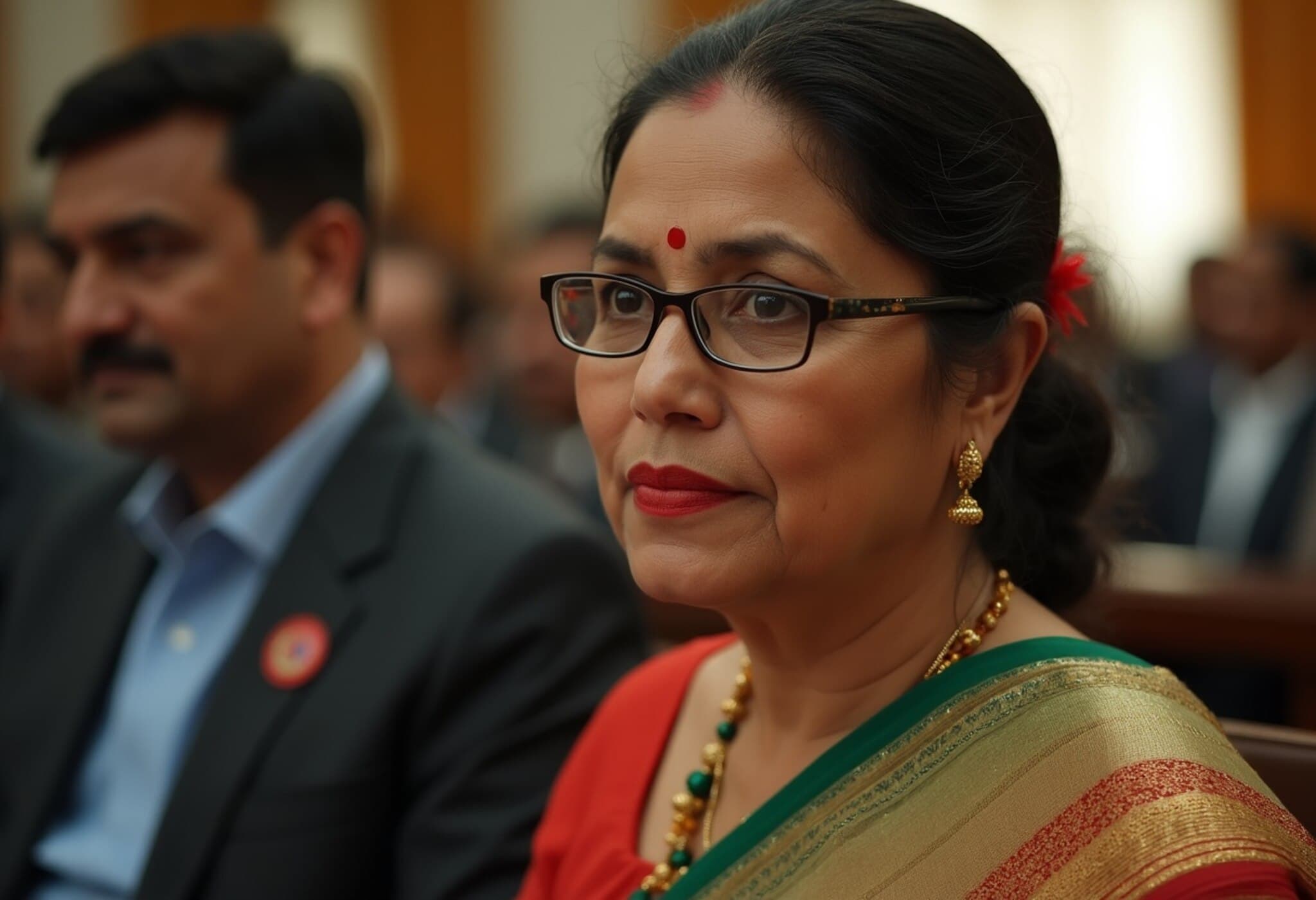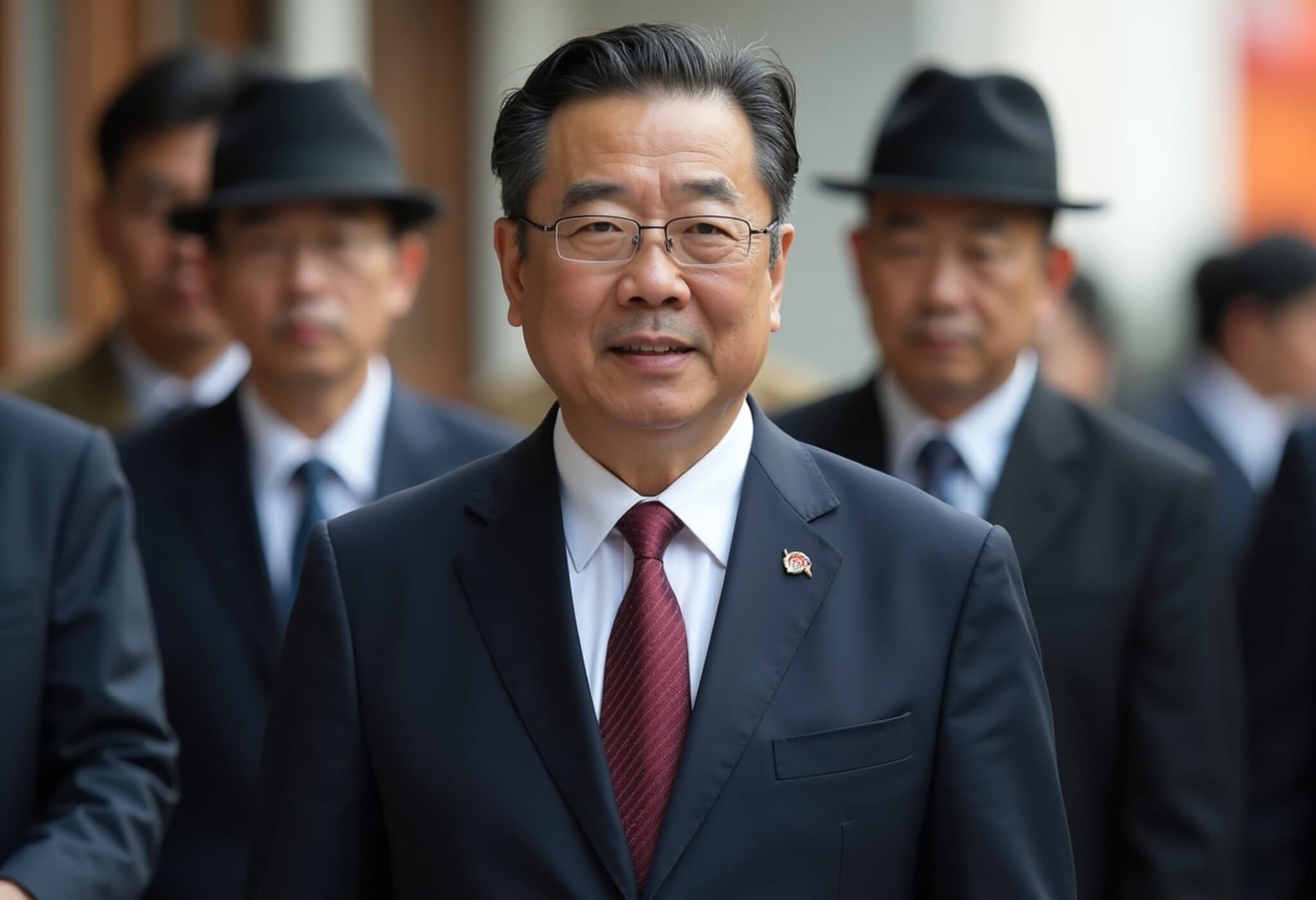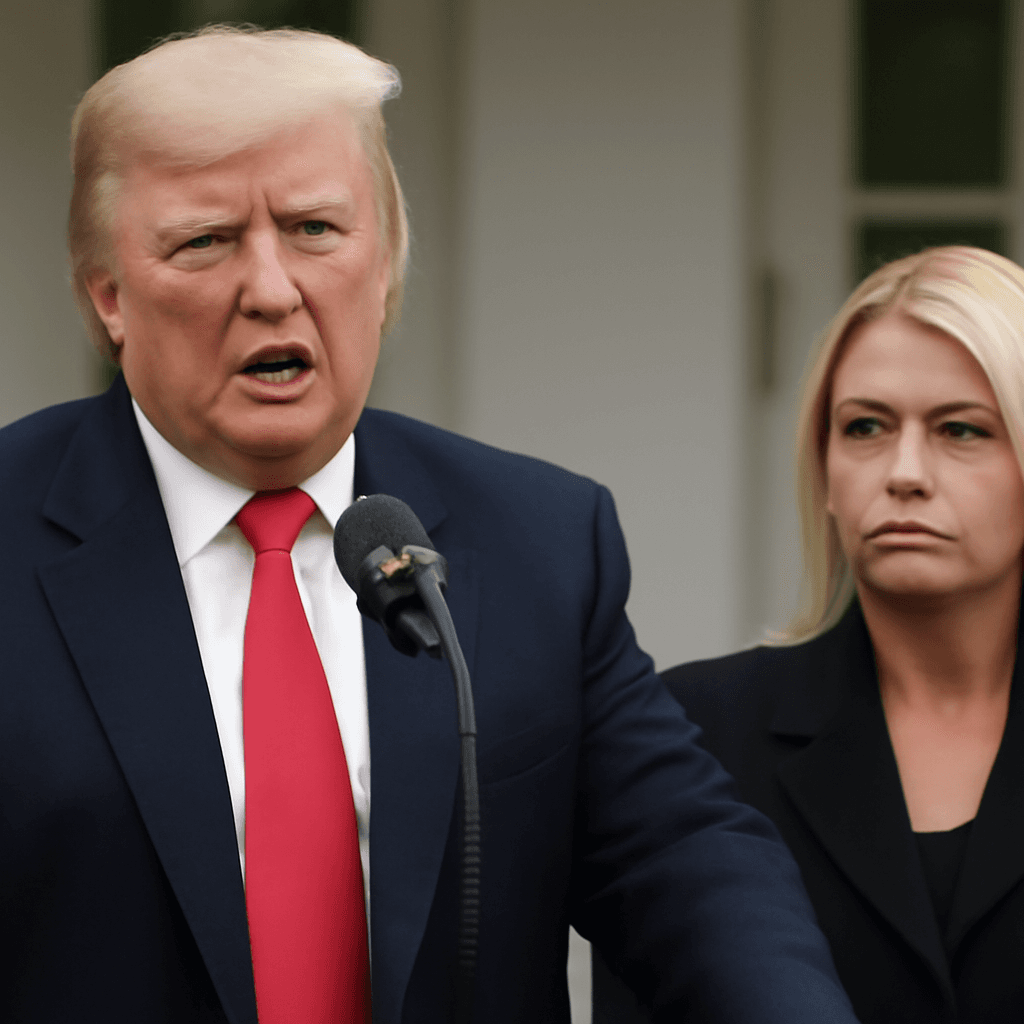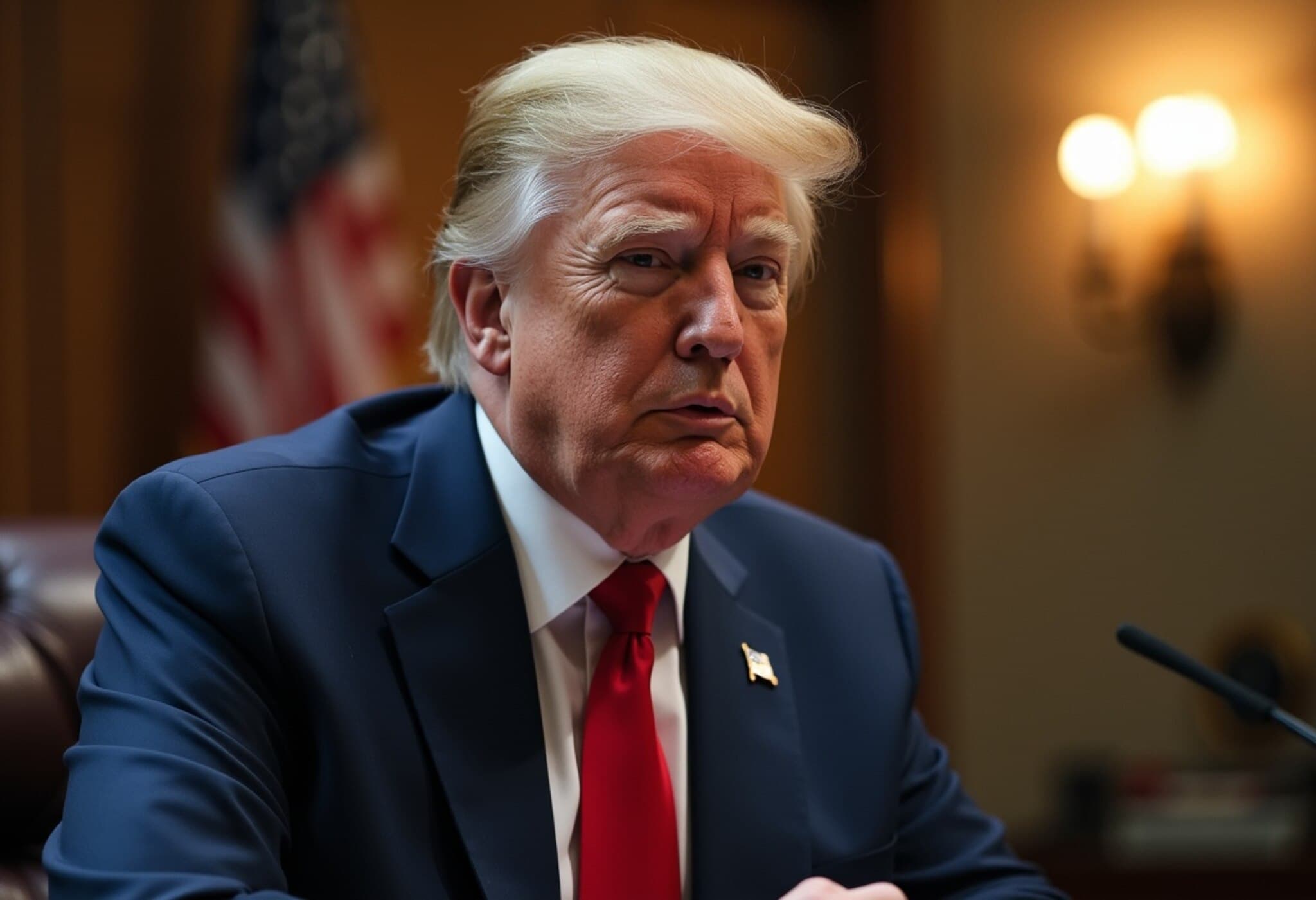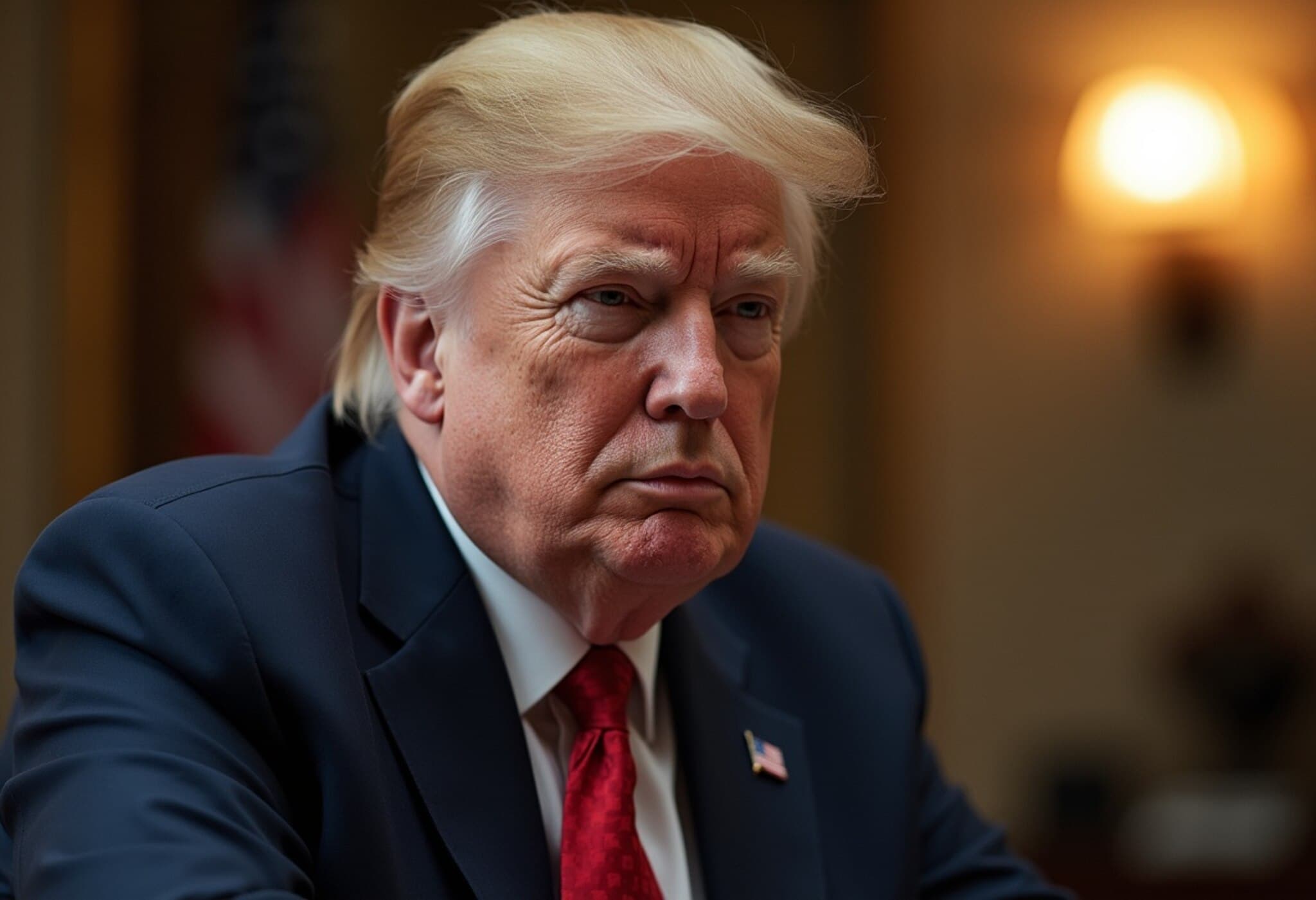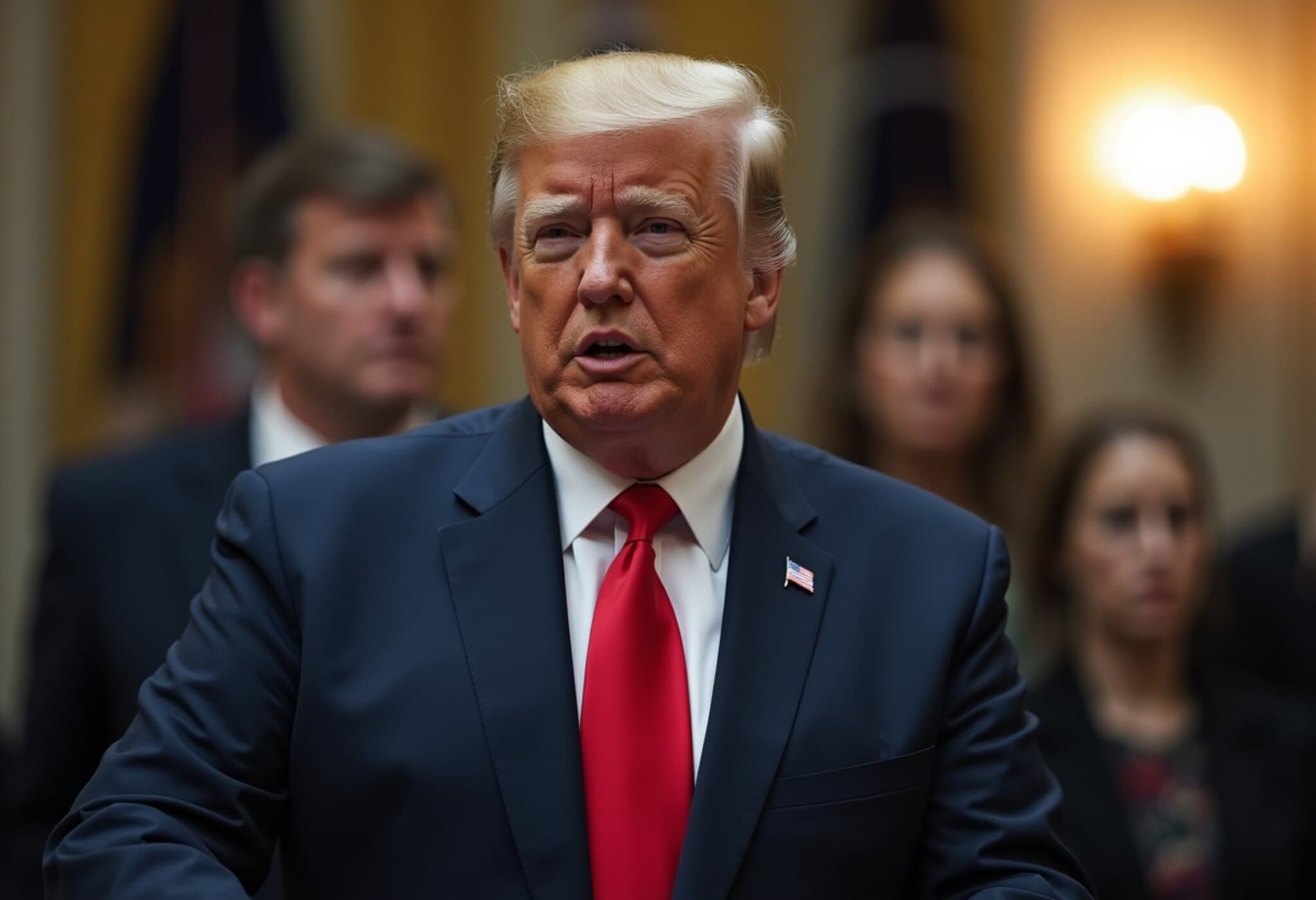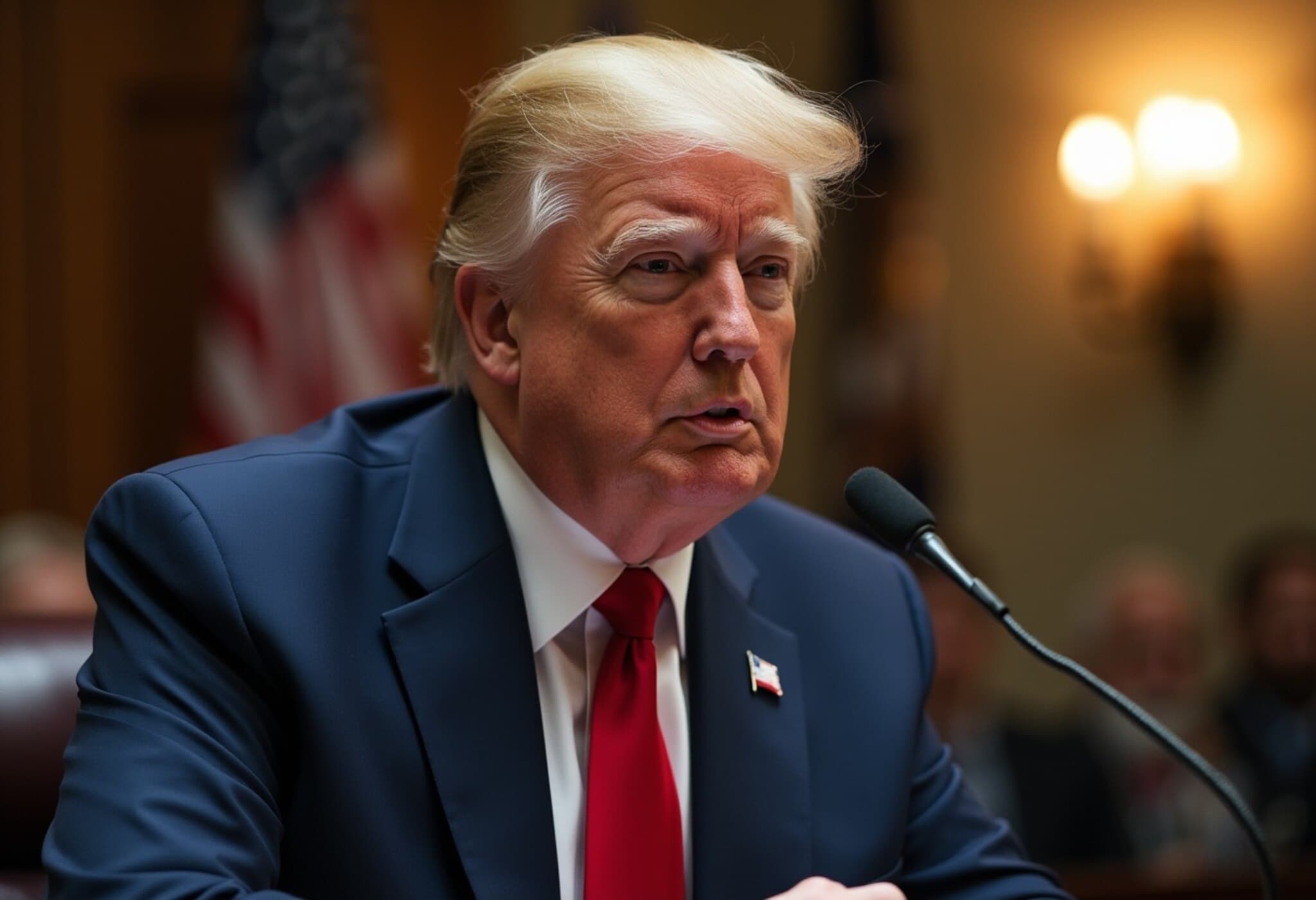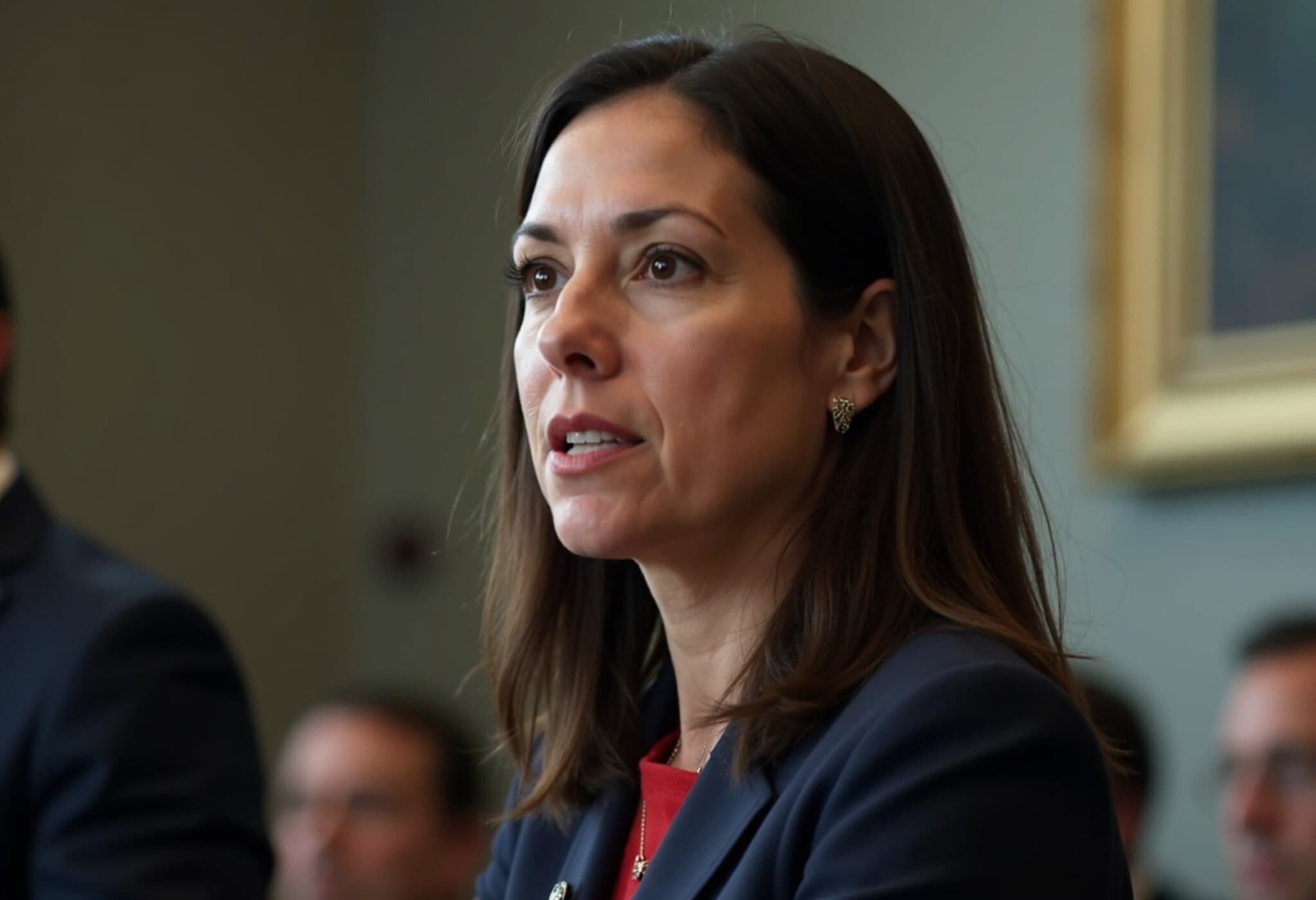Trump Addresses Clemency Speculation Around Ghislaine Maxwell
On August 2, 2025, in a candid interview with Newsmax, former US President Donald Trump clarified that he has not been approached to grant clemency to Ghislaine Maxwell, the British socialite currently serving a 20-year federal prison sentence for her role in the Jeffrey Epstein sex trafficking case.
"I'm authorized to grant clemency, but no one has asked me to do it," Trump stated. "I don’t know much about the case, but I know I have the right to do it." His remarks come amid ongoing media speculation about potential pardons related to high-profile criminal convictions linked to influential figures.
Contextualizing Maxwell’s Sentence and Legal Landscape
Maxwell was convicted on multiple charges, including sex trafficking of minors, following a high-profile trial that highlighted systemic abuses and raised questions about accountability among powerful elites. While clemency powers are significant presidential tools, they often invite public scrutiny, especially in cases involving sexual exploitation.
Legal experts emphasize that any consideration of clemency in such sensitive cases must weigh the impact on victims’ sense of justice and the broader social message it sends regarding sexual crimes.
Trump Also Declines to Pardon Sean ‘Diddy’ Combs
In the same interview, Trump addressed speculation concerning Sean “Diddy” Combs, who was convicted in July 2025 on two counts related to transportation to engage in prostitution. Trump made it unequivocally clear that no pardon would be forthcoming for Combs, underscoring a selective approach to clemency that appears influenced by case visibility and public sentiment.
Political and Social Repercussions of Clemency Decisions
Clemency, while constitutionally empowered, inevitably carries political risks. Pardoning controversial figures with sexual offense convictions could provoke public backlash, especially during times of heightened sensitivity to issues surrounding sexual abuse and gender justice.
Trump’s statement effectively shuts down speculation about leniency for Maxwell and Combs, signaling an awareness of the complex dynamics underpinning high-profile clemency cases.
What This Means for Future Pardons
- Presidential Clemency Authority: Trump reiterates the broad constitutional powers presidents hold to grant pardons and commutations but highlights the importance of public and institutional input before acting.
- Impact on Public Trust: Non-intervention in these cases may reflect an effort to maintain public trust amid ongoing political polarization around justice and accountability.
- Ongoing Legal and Media Attention: Both Maxwell’s and Combs’ cases remain focal points for media and public discourse, potentially affecting future political decisions regarding clemency.
Editor's Note
While the power to pardon lies squarely with the president, the social and political consequences of exercising that right in cases involving sexual exploitation are profound. Trump’s refusal to entertain clemency requests for Ghislaine Maxwell and Sean “Diddy” Combs reveals a nuanced approach that balances constitutional authority with public sentiment and legal realities. As conversations about justice reform and accountability persist, it remains essential to scrutinize how clemency decisions influence victims' closure and societal standards.

